Written by Anushka Punjabi and Helen McCloskey
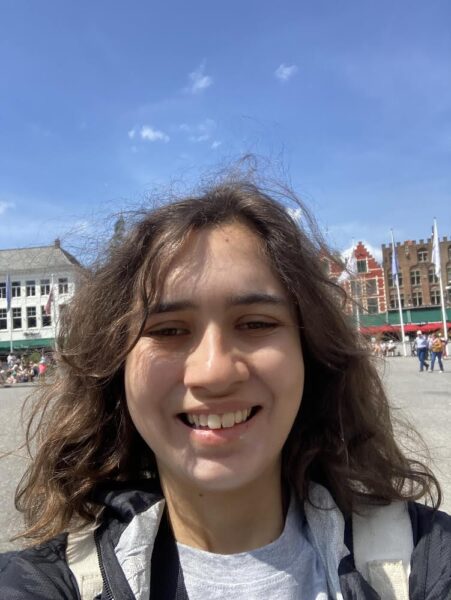
Reese Pavolotsky, sophomore: War in Ukraine
“I’m a second generation Ukrainian, and my great uncle had to flee Ukraine because of the war. Russia is invading because they want Ukraine to be part of their control [again, especially because it] has a lot of natural resources and is the second biggest country in Eastern Europe. A lot of people have died from the war, and 5.9 million Ukrainians are refugees. 50% of the power grid is damaged, and 16 million people are without [access to] clean water. If we don’t know what’s going on in the world, we can’t help out the countries that are impacted by conflict. America has helped a lot [by] getting supplies and making sure Ukraine can go back [and recover from the war]. I used to say I was Russian, [but, now] I’m more proud to be Ukrainian.”
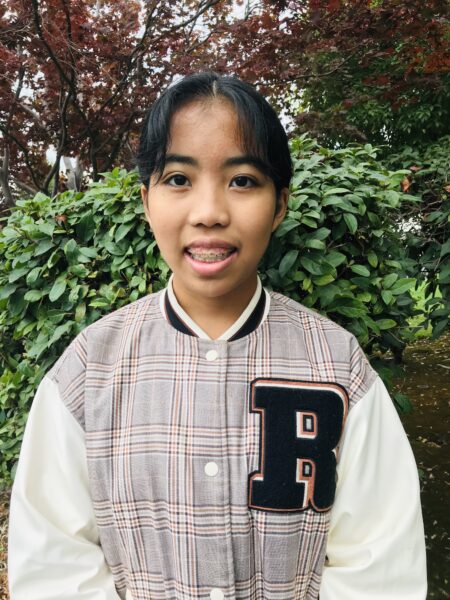
Francez Santos, freshman: Fires devastate Maui
“I have grandparents and an uncle in Hawaii [and their] house burned down. Now, they are living in a shelter. Many of the locals and tourists in Hawaii as of right now [are affected by the fires], which started because of fallen power lines [and] mainly affected Lahaina and western Maui. Many of the houses [and other buildings] were destroyed, and almost all sorts of communication were lost. Over a hundred people [have died], and the death toll is still increasing. I’m worried about the living conditions of the people there. Many people are suffering from loss of homes and loss of food sources.”
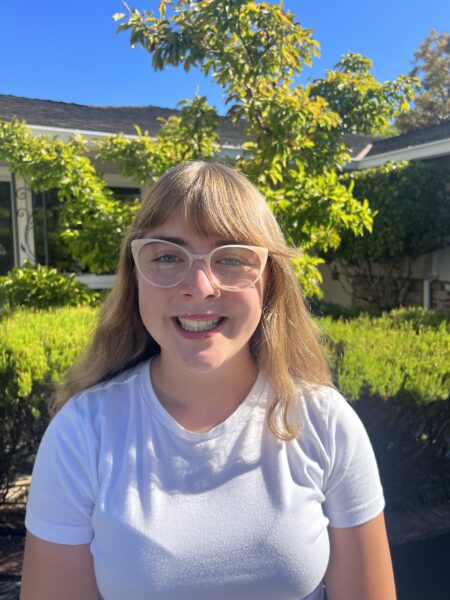
Annie Donnellan, freshman: Lack of Age Diversity in Elected Officials
“There isn’t much age diversity in the Senate, House and in the White House. Everyone is really old. [Former U.S. Rep.] Jackie Speier [D-Calif.] is running for a seat on the county Board of Supervisors after serving in the House of Representatives for [over a] decade, and [U.S. Senator] Dianne Feinstein [D-Calif.] who recently passed was definitely declining [in health] more and more the past couple of years. [When elected officials are older], younger people don’t get their voices heard as much, despite the fact that we’ll be here longer. The people who aren’t going to be here get to make decisions on climate change and [decide what world] we will be left with. Older people may want more immediate responses [to problems], but younger people want to think more about the [consequences in the] future. There should be more age limits or term limits for elected officials and health concerns should be looked into.”
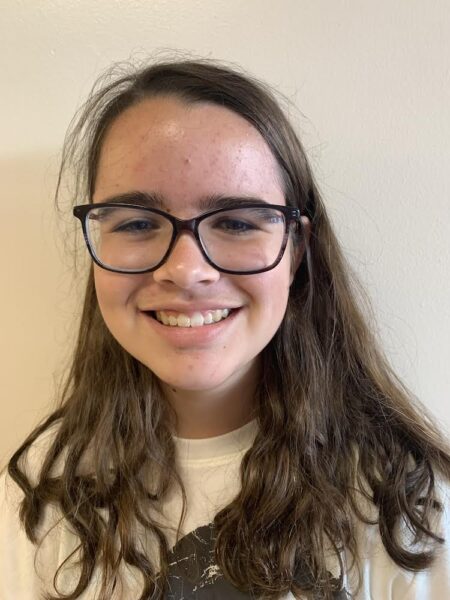
Erin Finn, sophomore: Government Shutdowns
“The government has to pass twelve spending bills throughout the year and if they don’t, the government runs out of money. They’re unable to pay their employees or to provide [programs] such as SNAP [Supplemental Nutrition Assistance Program] benefits, which affects people living in poverty by not having this safety net. A lot of [politicians] seem so caught up within their own political parties that they’re unable to see the greater impacts of their actions even when it comes to the cost of the citizens. That the government is constantly on the verge of [a shutdown] is seriously a problem and they should be passing bills to make the budget more stable because this is a recurring issue.”
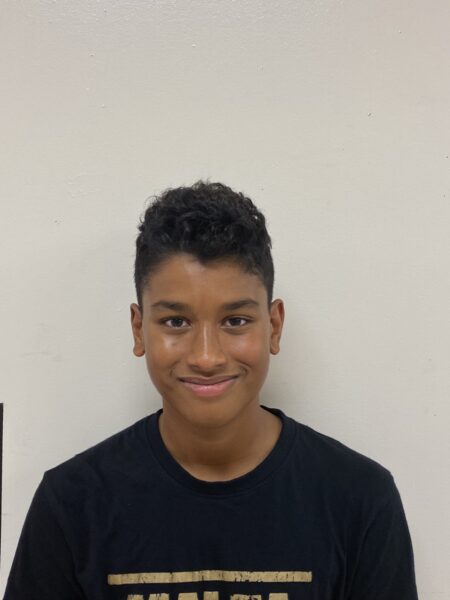
Janak Bhuta, junior: Rohingya Genocide in Myanmar
“The Rohingya people, a Muslim minority in Myanmar are being persecuted by the government and the [Buddhist] majority. Hundreds of thousands of [Rohingya] people have been killed and a lot of them are fleeing and being forced to live in camps, separated from their families [in Bangladesh]. The Myanmar government continues to deny that it’s happening, and not that many people really know about it. People should know about the genocide because around the world, people are being persecuted for just having different [religious] beliefs. Everyone should be able to have their own beliefs and be open about those beliefs.”
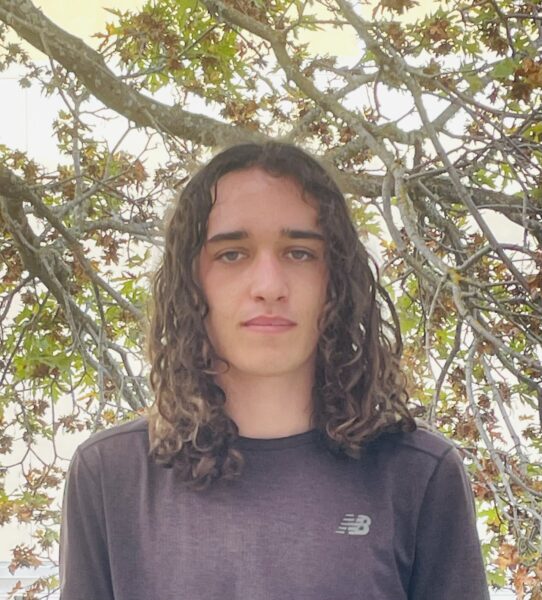
Toby Harris, senior: Ongoing conflict affects Sudan
“[The war in Sudan is] an ongoing conflict between a paramilitary group and the [military-controlled government] of the country. Both sides have been accused of atrocities, [such as a] systematic removal of people from their homelands. In the past, the international community hasn’t paid due attention to conflicts in Sudan, and as a result, there’s been refugee crises, famines and thousands of deaths. America has an outsized world influence [that] we should be able to use, so the citizens of Sudan can have the help and assistance that they deserve. In any world event where people are getting hurt, Americans should know about it so that we can possibly do something about it.”
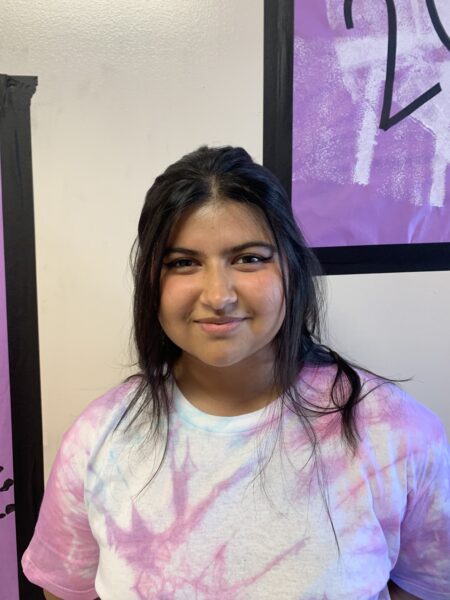
Maria Medina, sophomore: Racism in the United States
“I’m Latina and an immigrant from Colombia. For hundreds of years, brown people [have been told that] no matter how much you try, or no matter what capabilities that you have, you still won’t be as good as white people because of your skin color. I’ve been told I’m not smart enough just because I’m an immigrant or from South America. We could do a much better job accepting not only race and sexualities, or people who have disabilities. We really need to show more diversity in every type of way. And while Aragon does a great job by promoting diversity, we should have harsher punishments to those who bring others down because [of their] skin color, sexuality, or for any other reason.”
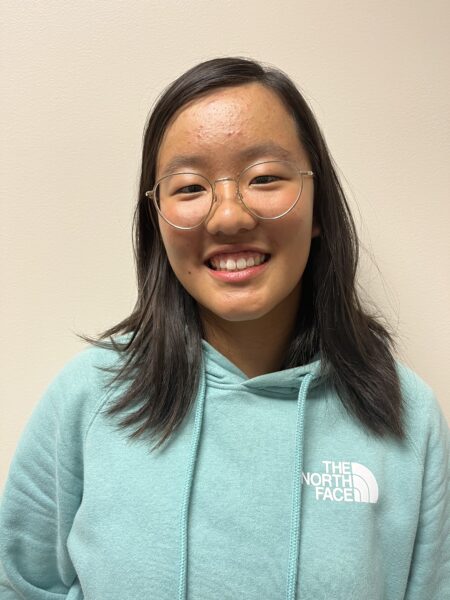
Ashley Cheng, freshman: Climate change
“This past summer I went on a trip to Glacier National Park [and learned] about how the glaciers have shrunk [by] about half over the last decade. Climate change will destroy our Earth as we know it. It will cause some animal species to become extinct, especially those that are already at danger. [And it will impact humans], like the bad air quality [from] the amount of wildfires that we’re seeing right now. Humans have played a role in climate change, such as [using] gasoline and all the harmful chemicals that we’re releasing into the air. People should consider taking the bus or getting an electric car instead of using gasoline [and] try to limit the amount of trash they produce. [We should choose the] better option for Earth [because] it’s the only home that we’ve ever known.”
